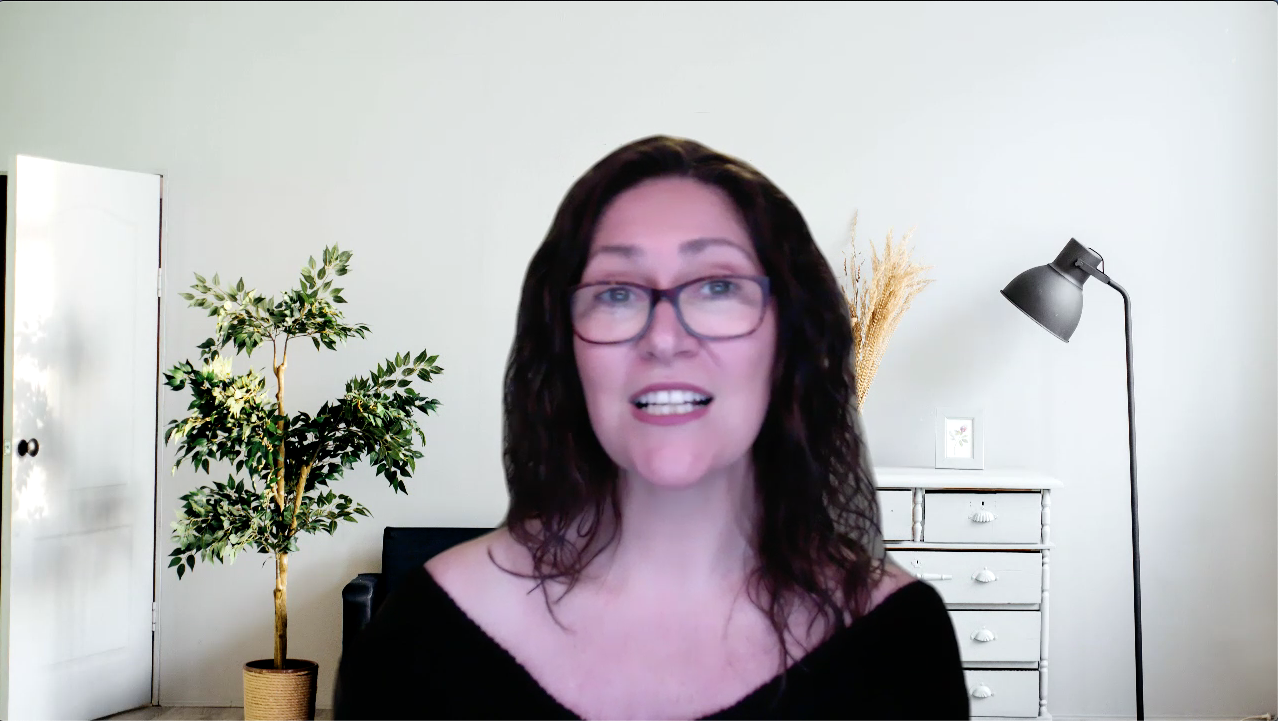This is when you and your partner can only see their perspective and neither of you are prepared to budge, this is often due to a vulnerability trigger of deep core wounding that you are blind to in those moments.
A stalemate isn’t simply a difference of opinion. It’s a way of creating a reaction in another person that we can’t move on from. The reaction might be to our behaviour, a certain way of doing something, a belief we have… Whatever it is… the reaction reinforces the defensiveness and a need to assert ourselves through a behaviour, which keeps us locked in a stalemate, it becomes a dance, with neither party changing the reaction or response. This is the pattern of a stalemate standoff that will simply repeat over and over again.
If you’re in this situation you might find that when you share something that’s important to you, its continually met with a block that only serves to reinforce your need to assert your perspective.
Are you experiencing a stalemate?
It would be something that brings up a defensiveness on both sides. Where one person is really reinforcing the other person’s state and there is no impasse
What would be your stalemate?
At the moment, it might be a conversation or decision to move your elderly parents to a nursing home? Or if you let your kids play with others? Do you have friends over for dinner? Are financial concerns creating a divide? So a stalemate is really a dilemma more than a problem to solve. Irritability in your relationship? Emotionally exhausted, deeply anxious, paralysed, pessimistic, impatient, were wedding plans cancelled, are you feeling smothered and wanting a break from your relationship, are you feeling trapped or uncomfortable about giving up control…?
The part of you defending, is that part of you that feels unseen, put upon, unappreciated, abandoned, unjustly treated, etc… the reaction you’re having is in response to the trigger which is being evoked by the stalemate. It is simply your coping style. Your sense of vulnerability gets triggered and the response is from a place of survival – a defence strategy.
You partner might say something like… “I feel like I can never please you…” and what you hear is the defensiveness rear its head. As if the past and present meet in that moment to create the stalemate.
So the offer here is to journal out what‘s happening for you.
What is it about this ‘standoff’ that is so important to you? If you are feeling like you are being taken for granted or don’t feel appreciated…
- What is the underlining issue?
- What is the recurring pattern here?
- What is the larger issue to the big feeling that lives underneath?
Do you Catastrohpise things? Do you say things like ‘you always’ or ‘you never’, and have an all or nothing thinking?
Does it seem like there’s an echo chamber being activated, with old feelings about this?
Take a different perspective.
Imagine you are a fly on the wall looking at yourself and the other person in the situation – in the standoff. What is the behaviour of these two people? Imagine you can’t understand the language they are using you are simple observing the dynamics between them. The dynamics that are playing out in the standoff. From the fly-on-the-wall perspective, what can you see that these people can’t see?
What is the non verbal interaction? Witness this. Do not witness the identities, just the image of what is happening.
What is the dance?
Make note of what you see
What you will begin to see is a dance between two peoples coping styles (their survival strategies) defending, rather than freely seeing the situation with any flexibility.
What is important to understand about an impasse or a standoff is that it’s a trap. It’s entrapment because you will repeat the same thing again and again expecting a different result, but it only makes you feel more vulnerable. And we know that the definition of insanity is to keep doing the same thing and expect a different outcome, right?
Start to bring awareness, when you’re in that ‘standoff’ what is being evoked for you? What is being evoked in the other person? What is being triggered for the dance to occur in the first place? What is the insecurity you’re feeling, that triggers your defensive response?
By acknowledging what is being triggered for you, what it brings up for you honestly, you will be able to take ownership of your behaviours and emotions. When you are able to own your part in the standoff you have the absolute power to change it.
So it looks like this:
When ‘X’ happens, whatever the situation is, this is how I experience it – this is what’s triggered for me, what it reminds me of is ‘X’… and why I feel the need to defend my vulnerability.
The powerful difference in this awareness is the ownership. When you are able to articulate… “in this situation, or when this happens, this is what is going on for me.” You take ownership of what is within your power to change.
Journal out: the negatives of your perspective, then highlight the positives from the other persons perspective, then highlight the positives from your perspective which will invite the other person to take a new perspective (knowing that their complete perspective has been heard)
So that is navigating out of a relationship stalemate.
Let me know in the comments if this was useful.





